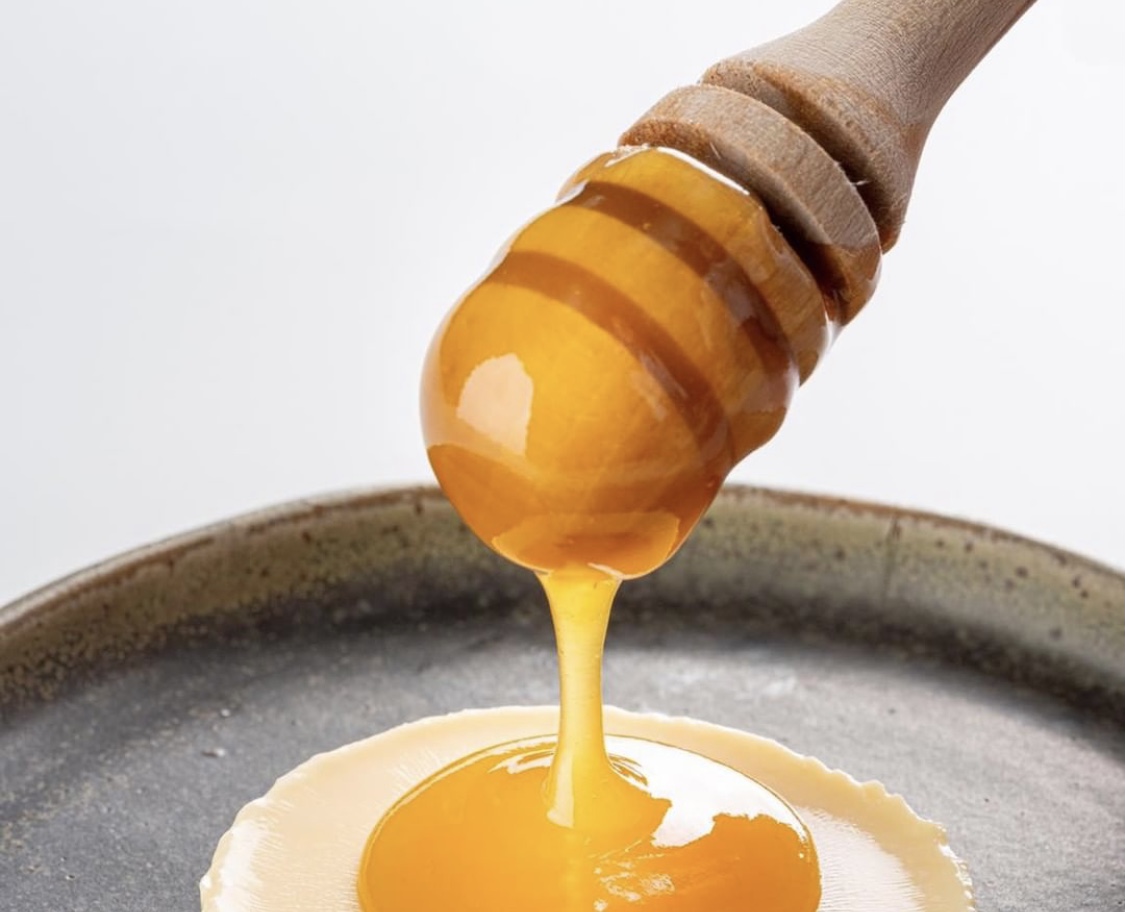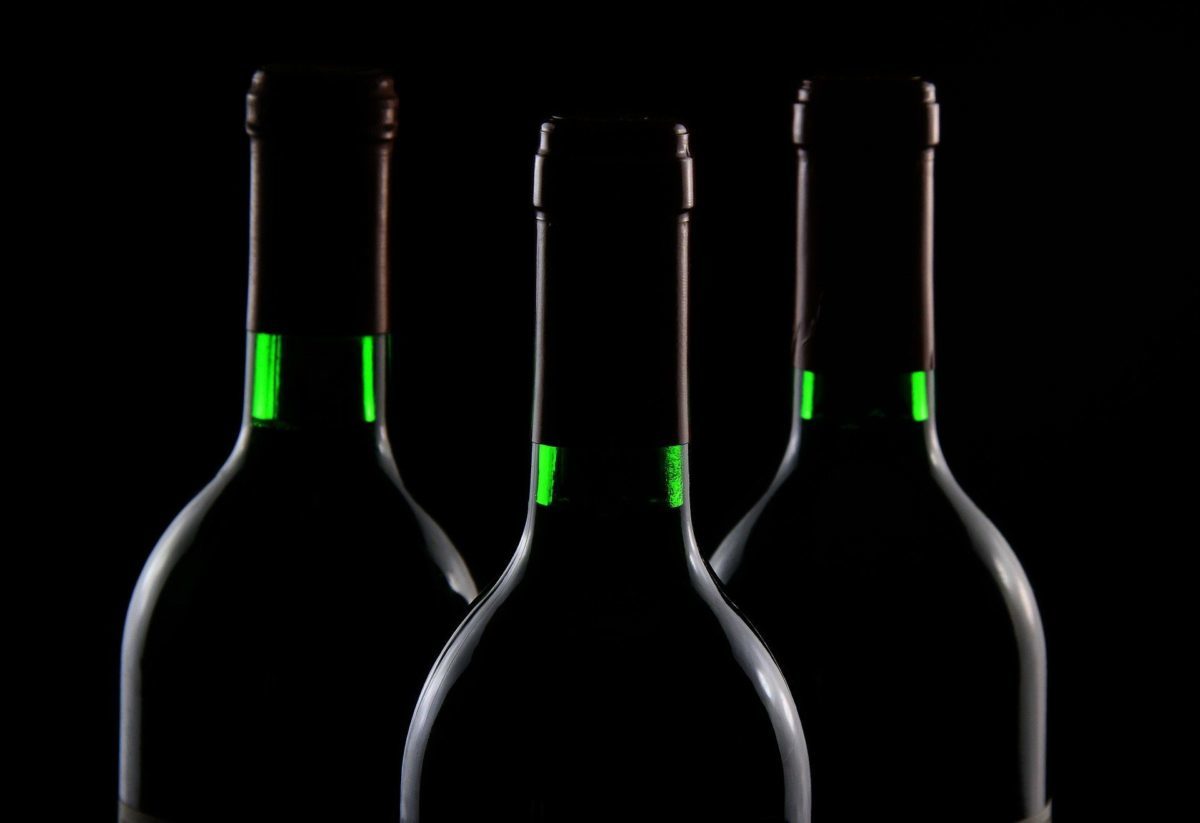Foods incorporate characteristics attached to their place of origin y elaboration. Therefore, its demand increases depending on the country of the label. For example, many consumers tend to require miel French. However, being such a requested product is at risk of becoming a fraud. That is, presenting yourself with a label that does not correspond to you. We tell you the details of this problem here.
Beware of "French" foods!
En 2020, the General Directorate for the Repression of Fraud (DGCCRF) of the French Ministry of Economy conducted an investigation. This stated that 30% of the food marketed and labeled as made in France had some type of fraudulent breach. Above all, those that are sold at fairs and markets. While in retail sales one in four products is fraudulent. Tricks are also found in the production stages and at the wholesale stage. Although, in this last phase it only occurs in 5% of cases.
Most of these scams have resulted in warnings. However, they have been opened 20 criminal records for deception and deceptive business practices. In fact, the DGCCRF highlights two cases above the rest. Both of them related to honey. The first case points to a Moselle operator. This was dedicated to buy honey from a third party, wholesaler. To later pack it in her workshop and finally resell it in local markets and stores. Alleging, of course, falsely, that it came from her farm.

The other case is similar. The difference was found in that iimported honey from Bulgaria, at the same time that it had French hives. The individual mixed both honeys and sold them as French. The researchers reviewed the harvest notebooks and invoices and analyzed the honey in the laboratory. In this way, inconsistencies and incompatibilities were found in the level of production with the number of hives.
Important conclusions about honey
The investigation of the DGCCRF, apart from clarifying many cases of fraud in food marketing, drew interesting conclusions. Of which we highlight three:
- The production stage is an important source for Frenchification. More so when they are producing and marketing companies at the same time. Especially when it comes to fruits and vegetables or mushrooms.
@The lady of the house #Diaper#honey bee #honey #thedeception #honey #localconsumer #fyi #ladiesofthehouse #consumer #foodtiktoks #c
- When it comes to wholesale, there are products that are less prone to fraud. This is because most of them have a short lifespan. just like that are more fragile or have marketing around the packaging. Therefore, they leave less room for manipulation and modification of the packaging.
- More specifically in the honey sector. Fraud is usually carried out by producers who mix their production domestic with imported. Unifying it and selling it as French.
In Spain… it also happens!
As in the Gallic country, in Spain have been uncovered several cases of fraud with honey. In this case, similar to the previous ones, half of the Spanish honey is mixed with the Chinese. Selling as a national. According to has uncovered the OCU and various farmers' associations. This leads to a decrease in quality and prices. “If they are mixing it, they are ruining us. The price at which this honey arrives at the Spanish borders is ridiculous”. Javier Perpiñán, a worker at the Chiva beekeeping farm, has expressed.

In addition, the quality of this honey, imported from China through the Portuguese border, is in doubt. Since this honey uses substances such as corn syrup and glucose which are banned in the European Union! China is giving it to third countries and they are selling it to us in Europe. Being done a very bad product that we can no longer even call honey” has complained Mario Fernández, from the Spanish Association of Agriculture. Given this, the beekeepers ask the law to protect that in the labeling only appears “origin Spain. Without specifying the place of origin of the rest of mix.
With our beekeepers in defense of Aragonese and Spanish honey and a profitable and sustainable beekeeping sector. Enough of fraud in the agri-food industry and supermarkets that sell mixtures and substitutes like honey from here! For clear labels. #ConsumeSpanishHoney pic.twitter.com/Gql5K8E04y
– Nacho Escartín Lasierra (@Laenredadera) December 11, 2018
The origin or origin of food has a great value in its importance. That is why many producers tend to mislead their consumers. A clear example is that of honey. Us we support the request of the beekeepers that require full labeling on which they appear. and you? Have you suffered any fraud related to the nationality of a food?






